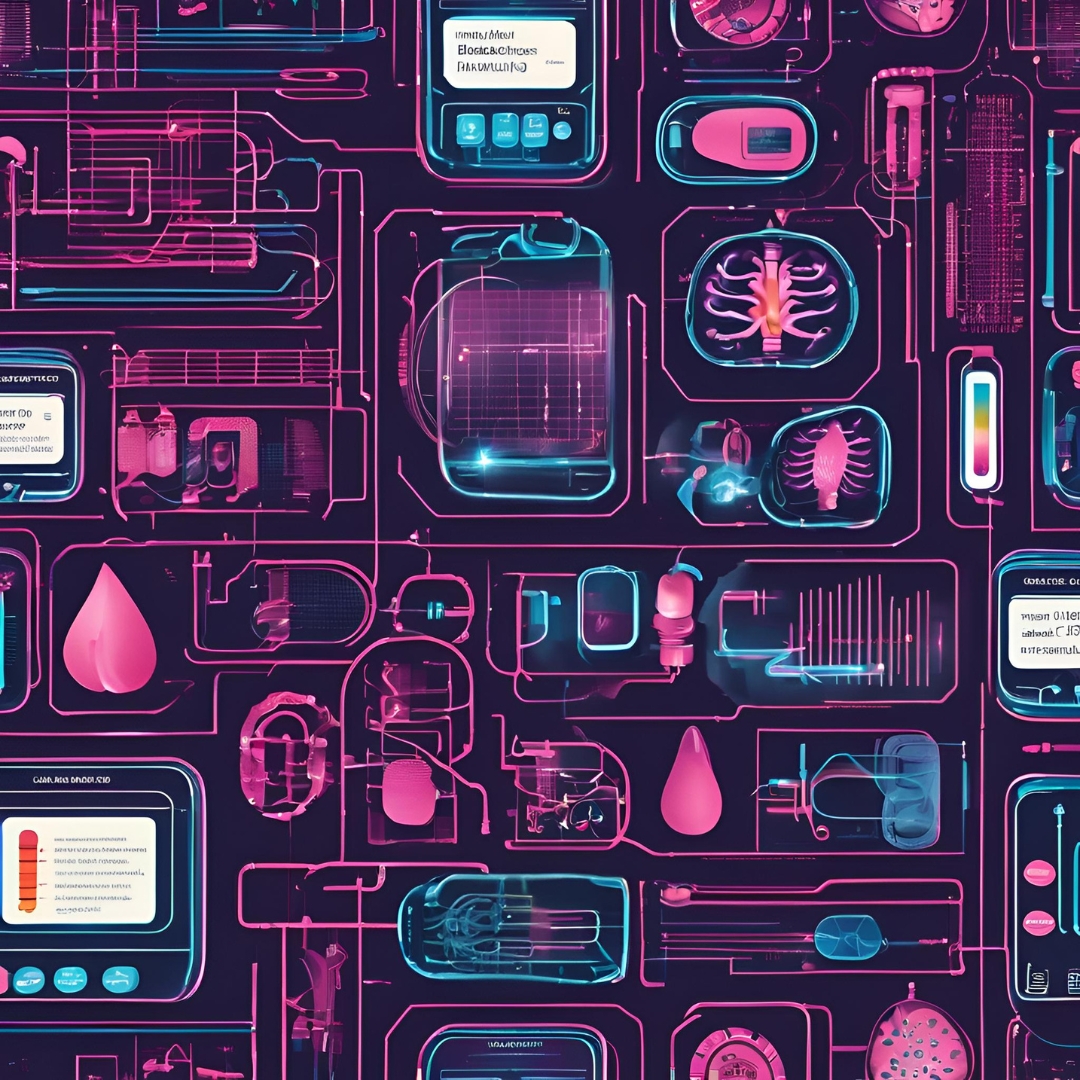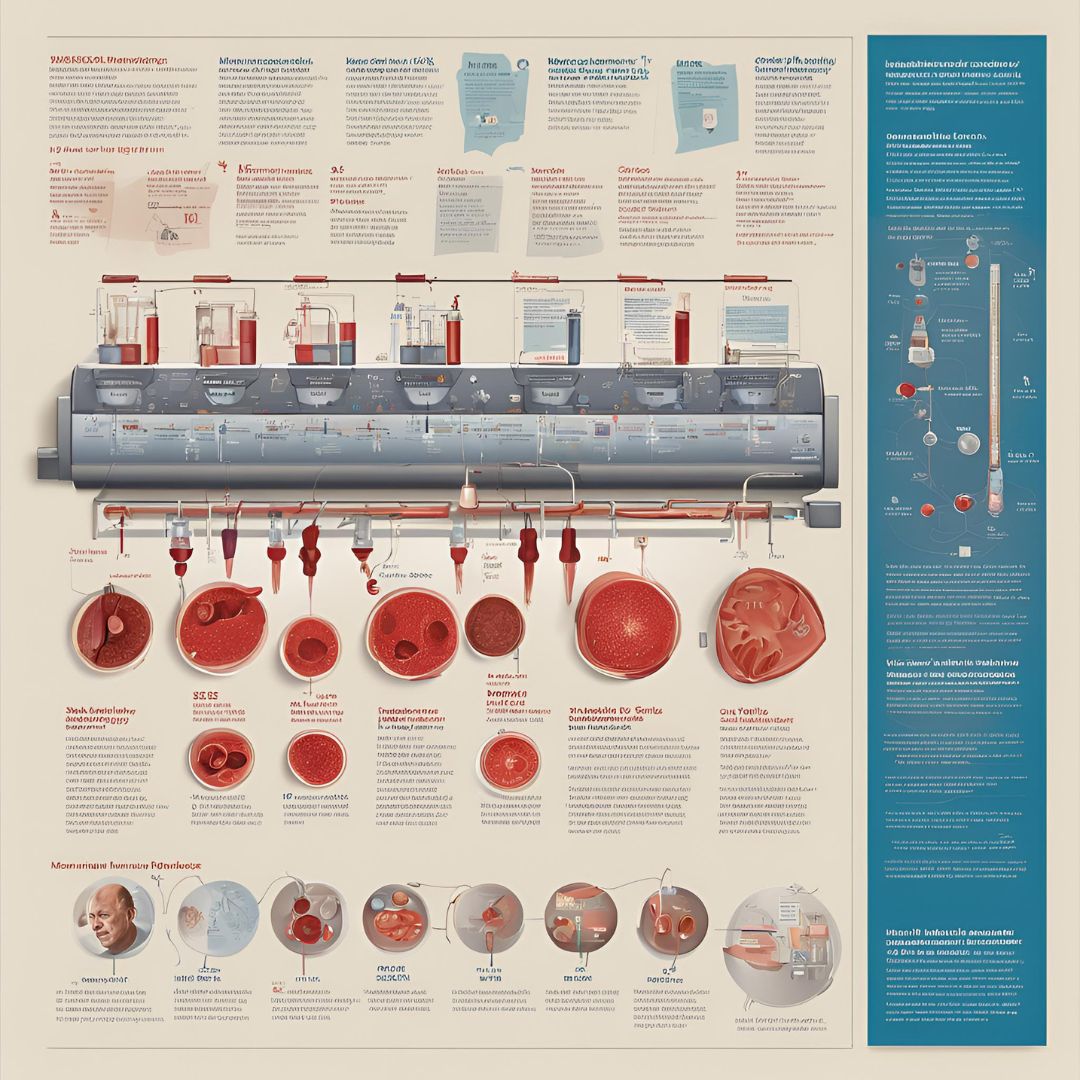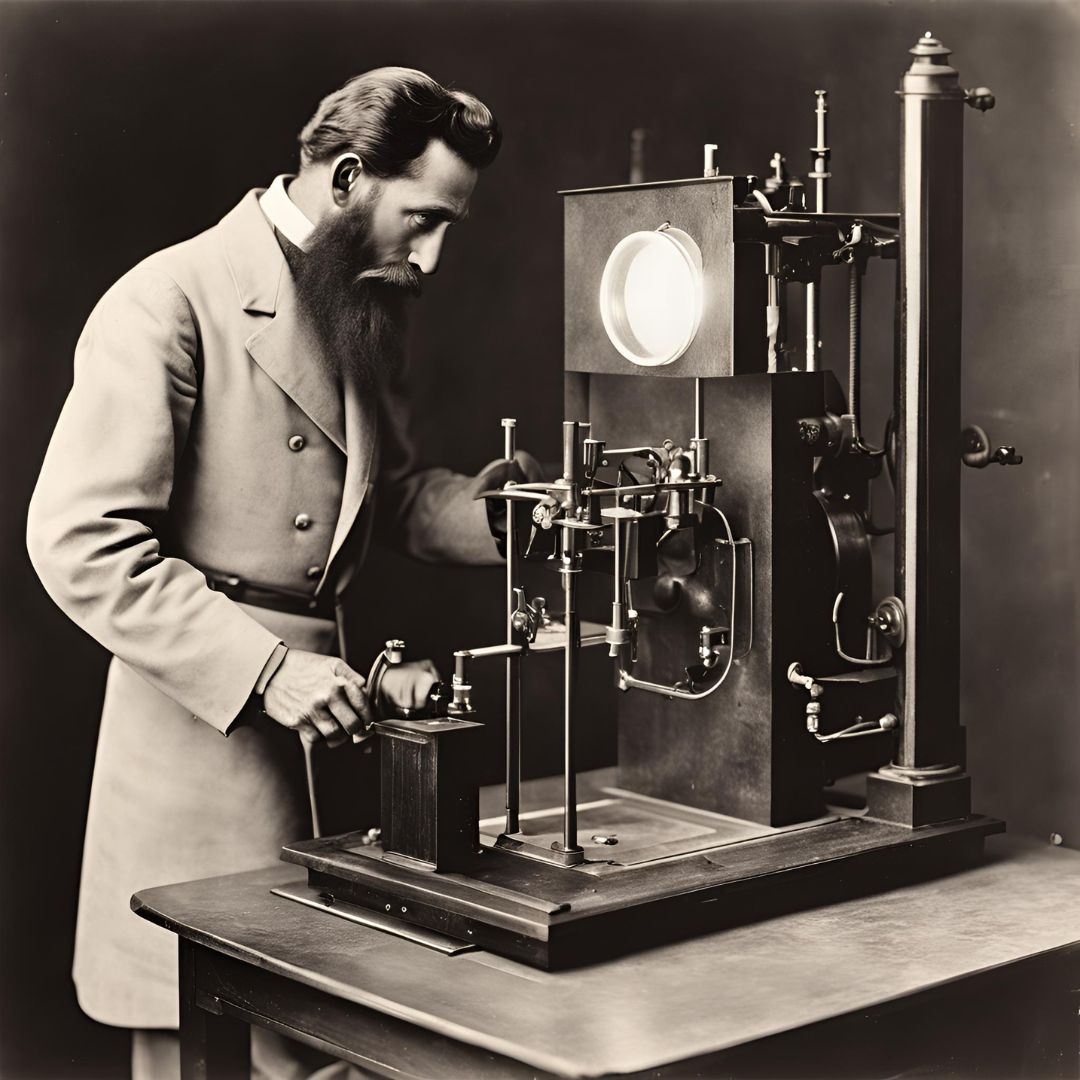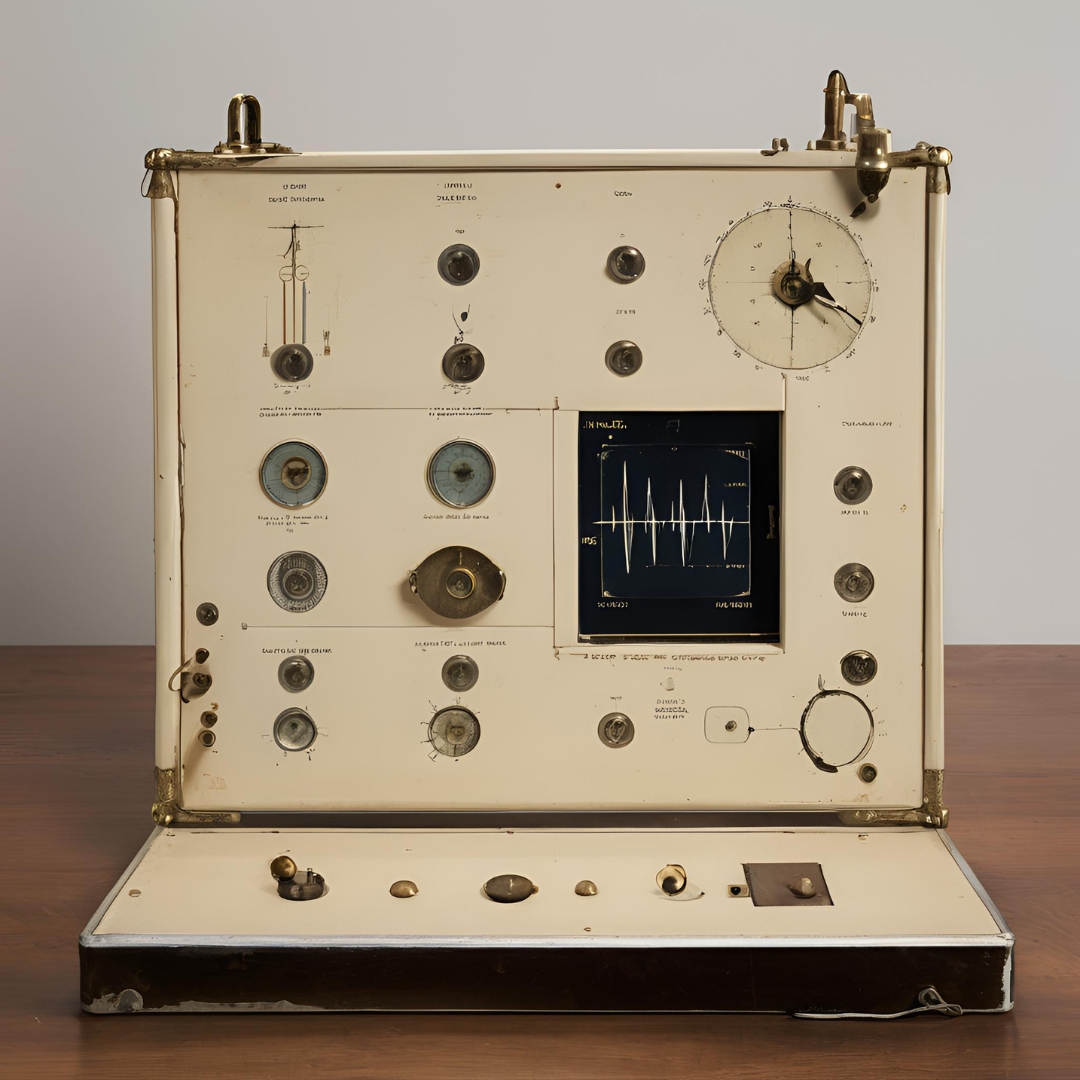Diabetes management has come a long way, thanks to the advancements in biomedical engineering. As someone deeply immersed in this field, I’ve seen how technology is making life easier for millions of people living with diabetes. From better glucose monitoring systems to artificial pancreases, biomedical engineering is transforming how diabetes is managed and giving patients more control over their condition.
Here’s how biomedical engineering is playing a crucial role in the fight against diabetes.
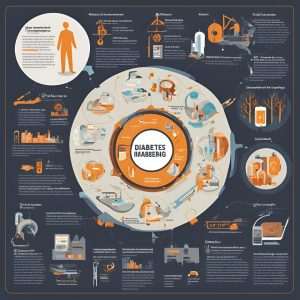
Improving Glucose Monitoring
One of the most significant advancements in diabetes care is continuous glucose monitoring (CGM) systems.
These small wearable devices monitor blood sugar levels day and night, providing real-time data to patients and healthcare providers.
Unlike finger-prick tests, CGMs offer continuous information, helping people with diabetes understand blood sugar fluctuations. This is a game-changer for managing the condition, allowing patients to make informed decisions about diet, insulin, and exercise.
These glucose monitoring advancements are thanks to biomedical engineers who developed accurate sensors, advanced algorithms, and user-friendly designs, enabling patients to track their health with minimal discomfort.
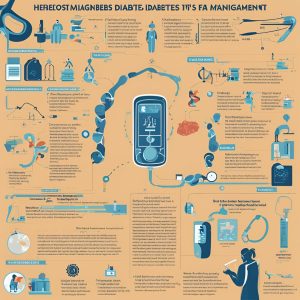
Insulin Pumps and Artificial Pancreas
For many people with diabetes, insulin delivery is a daily routine. Insulin pumps have revolutionized this aspect of diabetes management by automating insulin delivery based on the body’s needs. These devices are designed to mimic the function of a healthy pancreas by delivering small doses of insulin throughout the day.
Taking it a step further, the development of the artificial pancreas is one of the most exciting breakthroughs in diabetes care. This system combines a CGM with an insulin pump, creating a closed-loop system that automatically adjusts insulin delivery in response to blood sugar levels. Essentially, it acts like a real pancreas, taking over the responsibility of keeping blood sugar levels within a safe range.
Biomedical engineers are behind the design and innovation of these devices, constantly improving their accuracy, reliability, and comfort for users. The artificial pancreas represents a significant step toward reducing the burden of diabetes management and enhancing quality of life.

Smart Pens and Connected Devices
Another innovation in diabetes management is the rise of smart insulin pens. These devices track when and how much insulin is administered, syncing with smartphone apps to give patients a clear view of their insulin usage. This can prevent missed doses or overdoses, which are common challenges in diabetes management.
Smart pens and other connected devices are part of a larger trend toward integrating diabetes care with digital health platforms. Patients can now use apps that collect data from their CGMs, insulin pumps, and smart pens to create a comprehensive view of their health. This allows for better collaboration with healthcare providers, who can access the data remotely and make more informed treatment decisions.
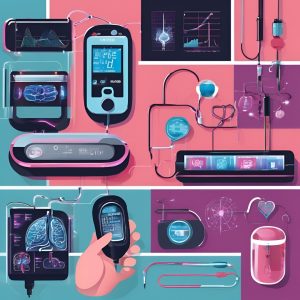
Advances in Wearable Tech
Biomedical engineering is also driving advancements in wearable technology for diabetes management. From smartwatches that monitor blood sugar levels to skin patches that deliver insulin, wearable tech is becoming an integral part of diabetes care.
These devices offer a more comfortable and discreet way for people to manage their condition. The technology is getting smaller, smarter, and more efficient, allowing for better integration into everyday life.
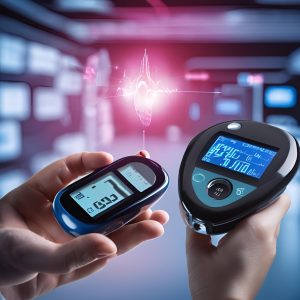
The Future of Diabetes Management
As biomedical engineers continue to push the boundaries of technology, the future of diabetes management looks incredibly promising. Researchers are exploring new frontiers, such as using stem cells to regenerate insulin-producing cells in the pancreas and developing more advanced algorithms for closed-loop systems.
Additionally, the integration of artificial intelligence (AI) and machine learning into diabetes care holds great potential. AI can analyze large amounts of data from wearable devices, helping predict blood sugar trends and offering personalized treatment recommendations.
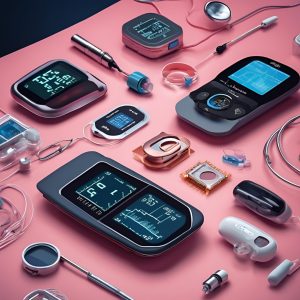
Final Thoughts
Biomedical engineering is central to advancements in diabetes management, helping millions live healthier, more independent lives. Innovations like continuous glucose monitors and artificial pancreases are transforming care.
As technology evolves, we can expect more breakthroughs that will make this easier, more effective, and personalized. It’s an exciting time for both biomedical engineering and those affected by diabetes
